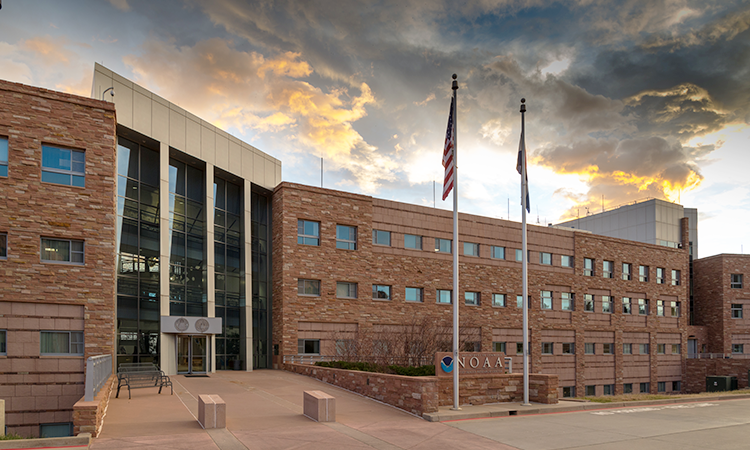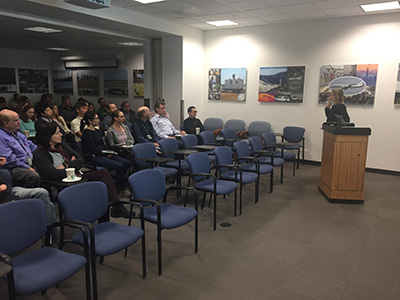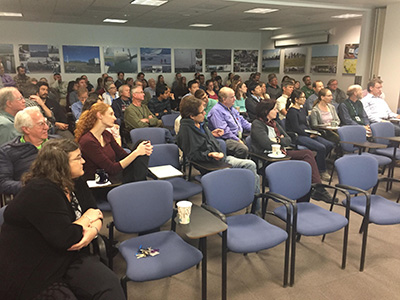Seminar
Science, Policy and Diplomacy: The Kigali Amendment to the Montreal Protocol

Dr. Tina Birmpili, Executive Secretary, Ozone Secretariat of the Montreal Protocol, United Nations Environment, Nairobi, Kenya
Monday, April 10, 2017, 10:00 am Mountain Time
DSRC 2A305
Abstract
Stories of past success can be empowering and become legends that inspire greater successes in the future. The Montreal Protocol's effort to rid the world of the chemicals that are destroying the earth's protective ozone layer is one such story. Its success in phasing out ozone-depleting substances (ODSs) has inspired a new effort to phase down global warming hydrofluorocarbons (HFCs) which resulted in the 2016 Kigali Amendment to the Montreal Protocol. In the context of global environmental issues, science underpins the global consensus on the need for action. However, sometimes it is difficult to translate science into useful outcomes that policy makers can use when facing urgent and difficult choices at their national levels. Negotiation at the international level may bridge this gap and strengthen the interaction between science and policy making. The United Nations can take on the role of the honest broker that facilitates decision-makers to find policy options along with their implications and agree to a course of action. These choices reflect the complexity and urgency of the real-world problems that science seeks to explain.
In the negotiations towards the Kigali Amendment, three new elements have been incorporated in the process of international policy making, first, a non-formal process besides the formal UN one, second, the reframing of the problem in cases where the problem was not clearly understood by all parties or in cases where progress in the discussions could not be made and, third, the importance for parties to feel pride and ownership of the process and the need for engagement and trust in all discussions. As the Executive Secretary of the Ozone Secretariat together with my team, we have overseen the meetings of 197 parties under the Montreal Protocol process, guided and facilitated their continuous negotiations on a large number of issues, and assisted them where possible to reach consensus. My presentation will address the above issues leading up to the Kigali Amendment which will give insights on how science and policy can be bridged through diplomacy.
Dr. Tina Birmpili is the Executive Secretary of the Ozone Secretariat of the Montreal Protocol, United Nations Environment, Nairobi, Kenya. She was a Distinguished Visitor to NOAA Boulder this week.


ALL Seminar attendees agree not to cite, quote, copy, or distribute material presented without the explicit written consent of the seminar presenter. Any opinions expressed in this seminar are those of the speaker alone and do not necessarily reflect the opinions of NOAA or CSL.